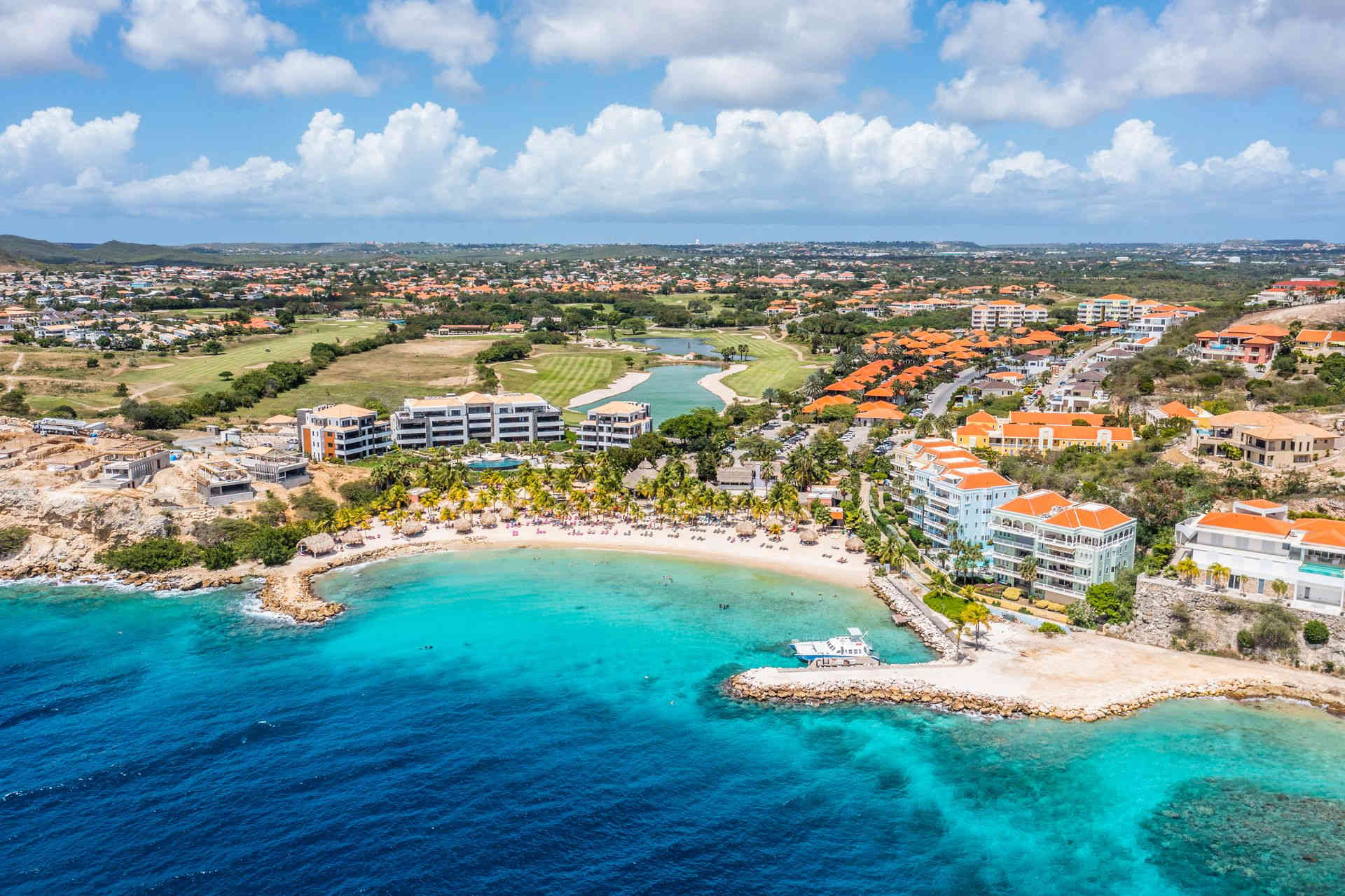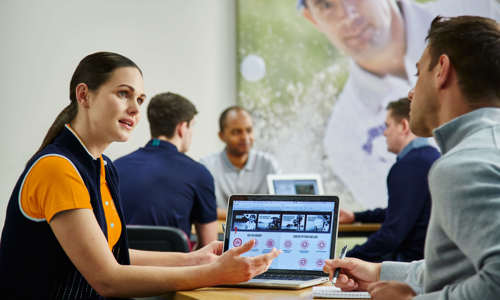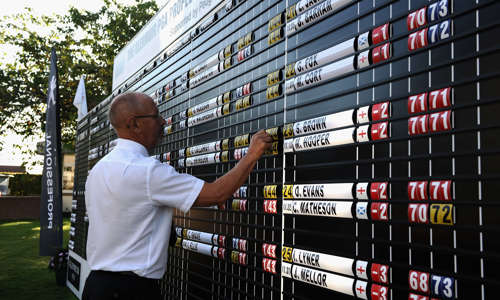PGA Professional Paul Simpson opens up about his decision to up sticks from his home county of Hertfordshire, where he enjoyed a near 40-year career in various coaching roles, to start a new life on the Dutch Caribbean island of Curaçao. Starting his new role as Head Professional at Blue Bay Golf & Beach Resort, Simpson explains how the PGA qualification helped him land the role, as well as the challenges and rewarding aspects of working in Curaçao.
What has your career path in golf been to date?
My golfing career started in 1984, shortly after leaving school. I was offered a pro shop assistant role at Harpenden Common Golf Club and for the next two years, I put all my efforts into work and golf. I managed to get my handicap low enough to become a PGA Professional and in 1997, I secured the PGA East Region Order of Merit - a key career milestone for me.
In 1998, I took coaching role at Cambridgeshire Moat House, where I developed a passion for charitable work, raising funds for various causes. This dedication earned me the PGA’s Toby Sunderland Award in 2004 and I later became Chairman of the Bedfordshire and Cambridgeshire Professionals in 2007 and East Region PGA Captain in 2009.
What specific skills and qualities helped secure the job?
Of course, it helped massively that I had connections and the Director of Golf had worked with a few people who I knew. In that respect, it shows the importance of networking. But also, having the PGA qualification and a past playing career helped my cause. Having the PGA qualification can open so many career opportunities, especially abroad.
What are your main ambitions in the role?
My main goal is to be happy and enjoy my time here, and that will be achieved by keeping busy, making golfers better, and striving to be the best golf professional on the island.
What are the most rewarding and challenging aspects of your role?
The most rewarding part is being able to teach golfers of all standards and meet a lot of different people in a relaxing and enjoyable environment.
The challenging part is that it’s sometimes too hot, as well as not being able to speak the local language, Papiamento. Most people here do speak English, so I can muddle through, but I will be learning the language soon.
What advice would you pass on to other PGA Members who may be thinking about working overseas?
Do as much homework as you can on the country or region that you’re thinking of going to – including the climate, the timing of the golf season, and the culture. Life is not a dress rehearsal – take a chance. Remember, you can always come back home if things don’t work out.
To find out more about working internationally, click here.
A full degree can play a huge part in succeeding with job applications and the processing of international visas. Find out more about the PGA Top-up Degree here.





































